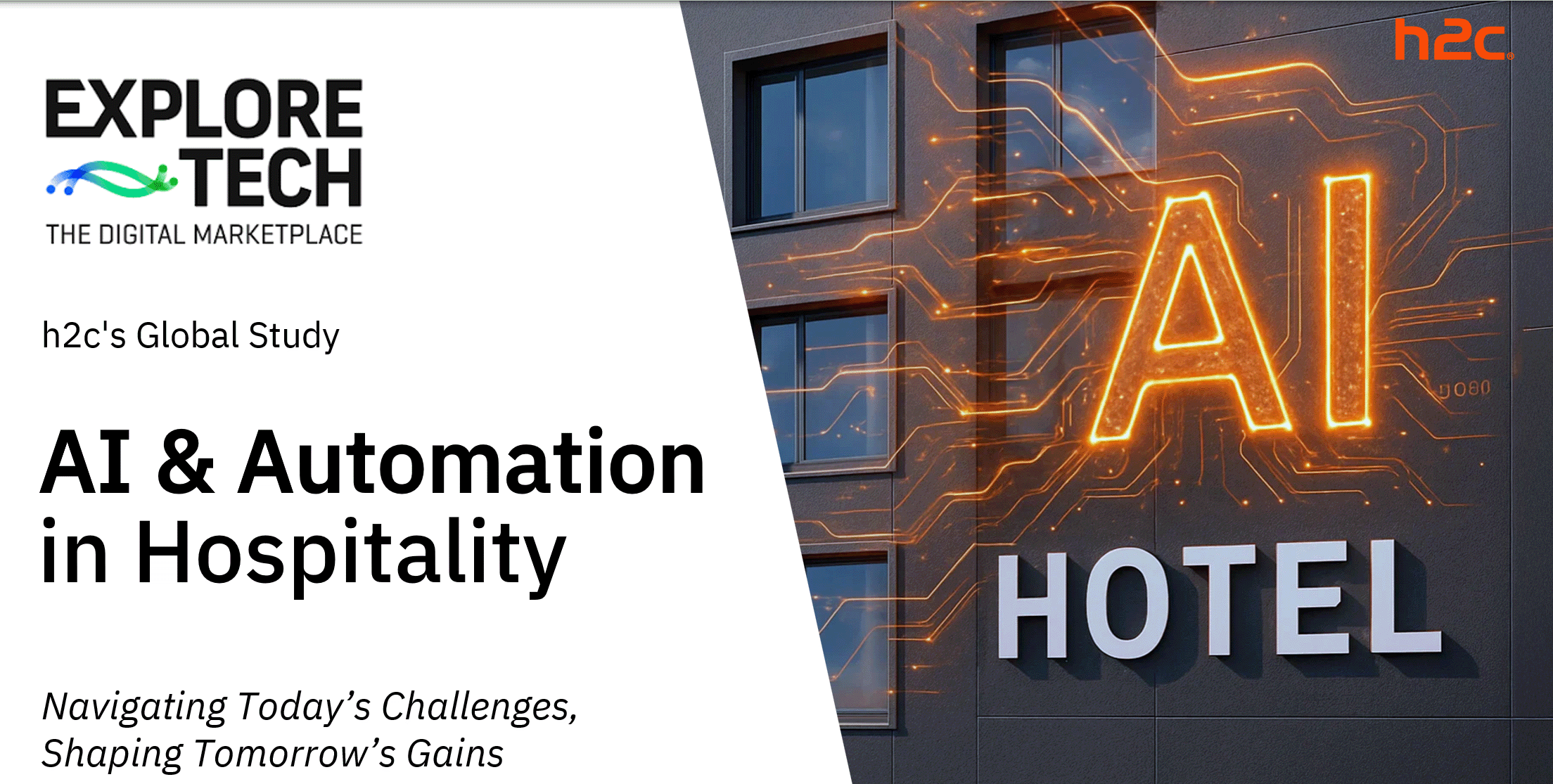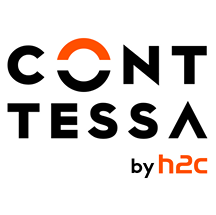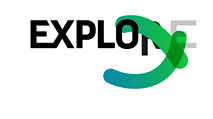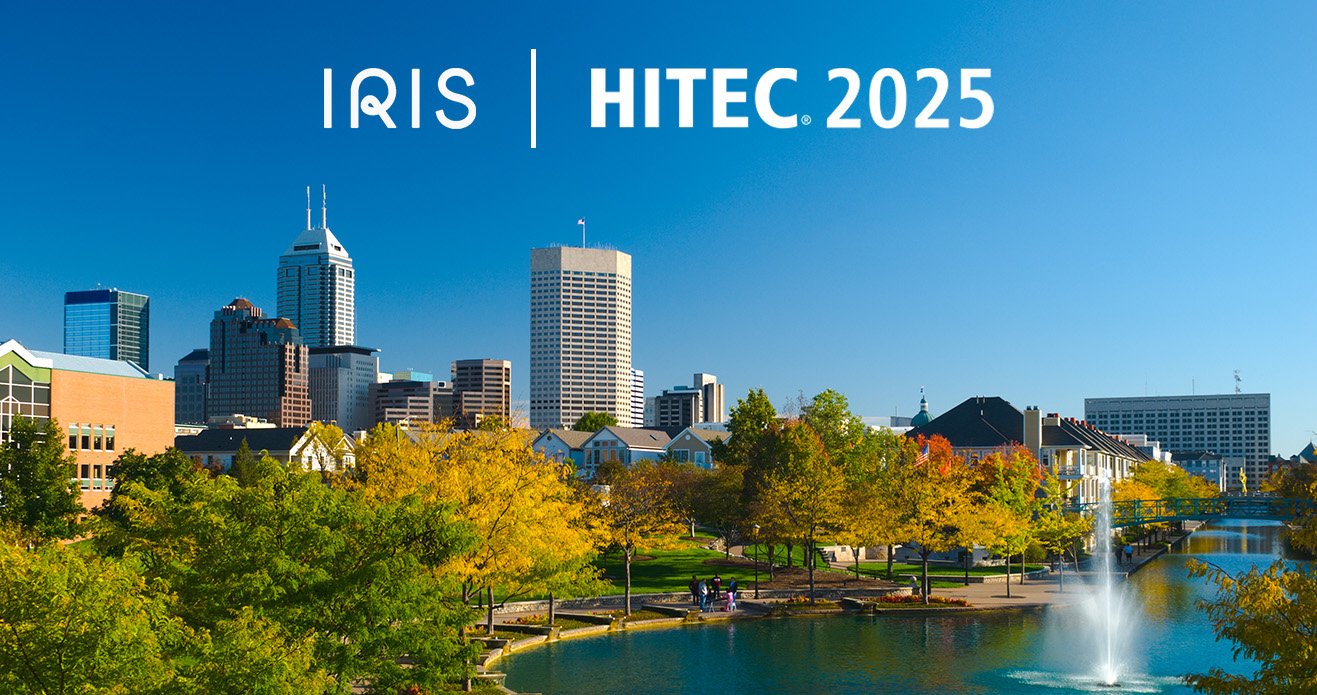

h2c GmbH, in collaboration with industry-leading sponsors, announces the release of its 2025 Global Study “AI & Automation in Hospitality: Navigating Today’s Challenges, Shaping Tomorrow’s Gains.” The comprehensive report presents unique insights from 189 quantitative responses and 26 executive interviews with industry leaders - including hotel chain executives and IT vendors - across 171 hotel chains, representing over 11,000 properties and 1.3 million rooms worldwide.
Key highlights
·
AI Adoption Surges:
78% of hotel chains are already using AI, and 89% plan to expand applications
in the next 12-24 months. Chatbots are the most common use case today (42%),
while Customer Data Management leads planned expansions (50%).
·
Low AI Reliance and
Integration Remain Hurdles: Despite high adoption (not always accompanied by
successful outcomes) and moderate trust in AI capabilities, true reliance on AI
solutions is low, with an average reliance score of just 4.7 out of 10. Only 6%
of hotel chains have a comprehensive company-wide AI strategy.
·
Main Adoption
Barriers: Lack of AI expertise (62%), unclear strategy (51%), and integration
challenges (45%) are the top obstacles cited by hotel chains. Notably, the top
adoption barrier is twice as big a challenge as organizational resistance to
change (31%).
·
Major Value in
Automation and BI: Business Intelligence (78%) is viewed as the most valuable
AI application today, closely followed by guest communications via chatbots and
virtual assistants (77%) and digital marketing (72%). Looking ahead,
personalized booking experiences and upselling are the top initiatives planned
for enhancing the guest experience.
·
Strategy and Budget
Limit Scale: Only 7% have a company-wide AI strategy, and another 8% align AI
strategies at the department level. Only 11% of hotel chains have dedicated AI
budgets, while 58% are tracking ROI (of those, 27% consistently), but most remain
cautious: just 1% say AI is central to their business model.
·
Human Touch Remains
Central: The majority of hoteliers view AI primarily as an enabler that frees
staff to focus on more strategic and guest-centric roles, rather than as a
threat to jobs. However, within five years, more than four in ten hoteliers
expect that reservations and call center functions, guest data management,
revenue management, and digital marketing will be fully automated.
· Key Investment Drivers: Seamless integration with existing hotel systems, reduction of repetitive manual tasks, and proven impact on revenue growth (70%, 69%, and 69%, respectively) are the top three investment decision factors, while ROI potential, data security/compliance, and guest experience personalization remain strong secondary drivers.
Industry collaboration and thought leadership
This landmark study is supported by 15 leading global hospitality IT vendors (the sponsors) and brings together exclusive insights from hoteliers worldwide.“AI adoption in hospitality is accelerating, but most hotel chains are still experimenting,” said Michaela Papenhoff, Managing Director of h2c. “Bridging the trust-reliance gap will require more investment in staff skills, better integration, clear ROI measurement, and a focus on use cases that deliver tangible value.”
👉 Download the full Research
Highlights report now at h2c.de and explore the future of AI & Automation in hospitality.







